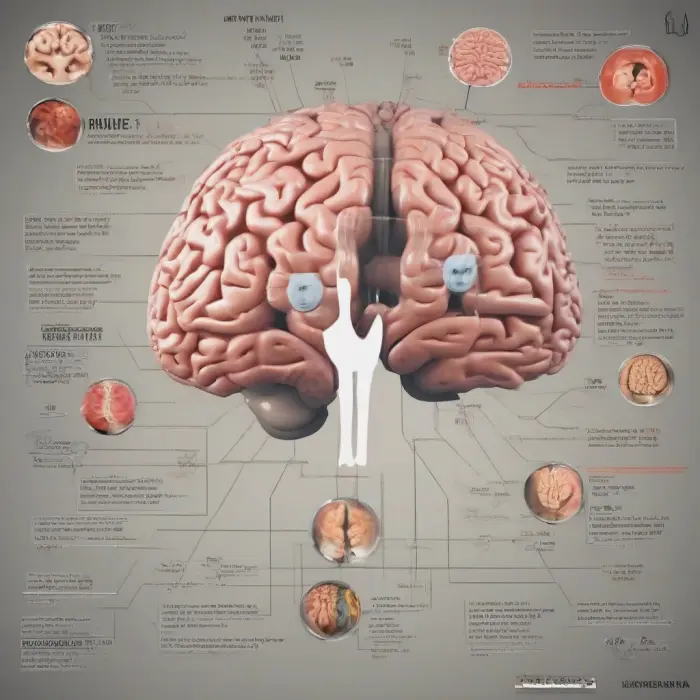Navigating Menopause: Strategies for Hormonal Health
Menopause brings a host of biological changes and fluctuations in a woman's body, primarily attributed to alterations in the levels of hormones such as estrogen and progesterone. These changes can usher in a wave of physical and emotional symptoms that can feel overwhelming. However, by understanding the hormonal shifts occurring during this transition and implementing strategic approaches for hormonal health, one can journey through menopause with confidence and grace.
Understanding Menopause
Menopause is a natural biological process marking the end of a woman's menstrual cycles. Typically, it happens in women in their 40's or 50's. Menopause is confirmed when a woman has not had a period for one year. There are three stages of menopause: perimenopause, menopause, and postmenopause. The process is associated with reduced production of hormones like estrogen and progesterone in the ovaries.
Hormonal Changes during Menopause
Estrogen and progesterone are the primary hormones that see a significant reduction in menopause. Estrogen is involved in regulating menstruation and fertility. Lower levels of these hormones cause menopausal symptoms like hot flashes, night sweats, mood changes, and disrupted sleep. While menopause is a natural part of ageing, the imbalance of these hormones can drastically affect a woman's quality of life.
Strategies for Hormonal Health during Menopause
Although navigating menopause can be challenging, there are several strategies and lifestyle changes that can help balance hormones during this transitional period.
Diet
A balanced, nutrient-rich diet plays a crucial role in maintaining hormonal health during menopause. Including foods rich in phytoestrogens, calcium, and vitamin D, like flaxseeds, soy, fruits, vegetables, and dairy products, can help balance estrogen levels in the body.
Physical Activity
Regular physical activity can also aid in balancing menopausal hormone levels. Exercise not only helps manage weight, but it can also improve mood and promote better sleep, making it an excellent tool for managing menopausal symptoms.
Stress Management
Stress can exacerbate menopause symptoms by unbalancing the body's hormone levels further. Incorporating stress-reducing activities like meditation, yoga, deep breathing exercises, adequate sleep, and hobbies are effective strategies for managing menopause symptoms.
Hormone Replacement Therapy (HRT)
For some women, hormone replacement therapy is a possible treatment to alleviate severe menopause symptoms. However, individual health factors must be considered before starting HRT. Consultation with a doctor is crucial to understand the potential risks and benefits.
Every woman's experience with menopause is unique, demands personalized strategies designed for her hormonal health. Having an open conversation with healthcare professionals, adopting a healthy lifestyle, and staying informed are the cornerstones to navigate through menopause successfully.
Conclusion
Menopause can be a significant transition in a woman's life, but understanding your body's hormonal changes can empower you to take necessary steps in managing your health during this period. Adopting the strategies provided can lessen menopausal symptoms and improve overall quality of life, making menopause a phase of growth and empowerment rather than inconvenience and discomfort.










